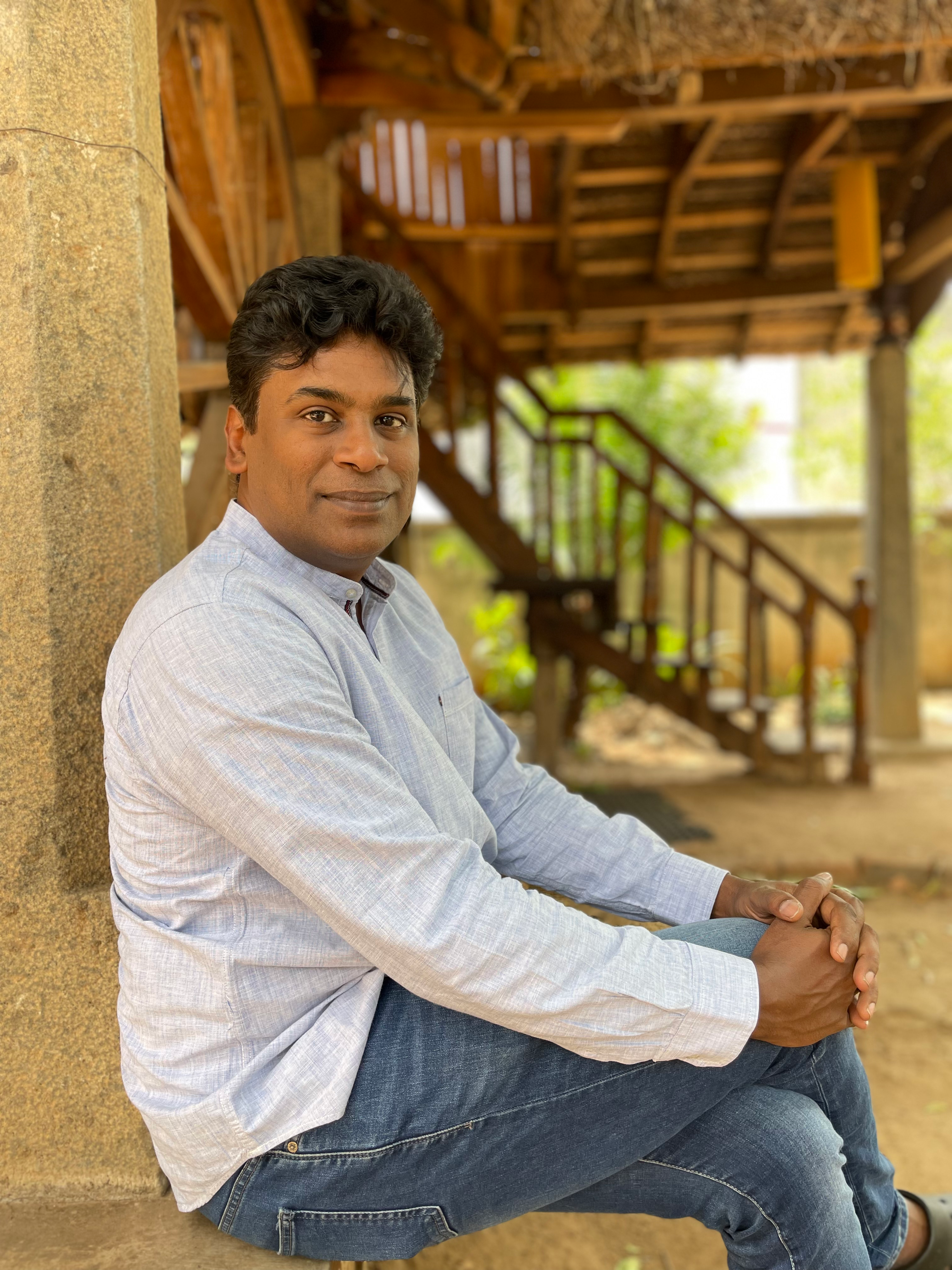Vori and Kradin: Star Trek Voyager, Us vs Them, and Me
- Citizen KK

- Jun 24
- 3 min read
Spoiler alert for the episode "Nemesis" from Star Trek: Voyager, Season 4
"I wish it were as easy to stop hating as it was to start." — Chakotay
That line haunted me.

In the Star Trek: Voyager episode Nemesis, Commander Chakotay is marooned on an alien planet and slowly indoctrinated by the Vori—an alien race who look and speak much like humans. At first, Chakotay refuses to join their war. He’s cautious, skeptical, and determined to remain neutral. But bit by bit, through poetic language, emotional storytelling, and shared trauma, he starts to see the Vori as noble and the Kradin—dehumanized and grotesque—as savage monsters.
By the end, Chakotay has become emotionally committed to the Vori cause and is ready to fight. Then comes the shocking reveal: it was all engineered. A Vori-run simulation designed to manipulate him psychologically. Even after Janeway rescues him and tells him the Kradin have their own version of the story—accusing the Vori of the same inhumane acts—Chakotay finds it difficult to shake off what he has come to feel.
The hatred had settled in.
---
Arguments of division—no matter how much one side seems more “right” than the other—can poison the mind. Mine is no exception. Listening to either side of a political or social debate, I found myself believing what one side said about the other. I still think my voting choice in the last election was a correct one, based on values I align with—especially policies that support merit.
But getting involved is something else entirely. And I realized I wasn’t ready for the toll it would take.
Having dipped in—engaging, reacting, following—I realized I needed to step back. And what helped me do that was one thing: remembering my mission in life.

I listened to a Heartfulness talk by Daaji, where he shared a story from his time with Babuji, the grandmaster. On a cold winter day, Babuji called him and traced a line in his hand. Then he drew smaller branching lines.
“What is this?” he asked.
Daaji didn’t respond. Babuji explained (paraphrased): “The main line is your goal. When you keep that central, your energy flows in one direction. But when you allow distractions—*also as goals*—you become like a canal with many leaks. The strength is gone.”
That image stayed with me.
---
My own purpose has always been to live in a way that unites the mind with the self. Some call it enlightenment, or surrender, or God-realization. I simply call it making my heart a garden of love.
But that garden needs protection.
Within each of us are tendencies we like and others we dislike. When the world shouts in division—accusing, blaming, dehumanizing—it amplifies the divisions we already wrestle with inside. We’re working to integrate our fragments, but the noise pulls us apart. The accusatory rhetoric about “them” out there echoes the parts of “me” I’ve yet to understand or heal.

To stay grounded, I’ve trained myself to withdraw emotional energy from distractions that don’t serve my deeper purpose—and redirect it toward what does. That doesn’t mean disengaging from the world. I vote. I express. I care. But I’m not an activist or a politician. I’m a citizen who chooses to contribute where it counts and within the scope of my responsibilities.
Janeway’s reminder to Chakotay—*“The Kradin say the same things about the Vori that the Vori said about the Kradin”*—is perhaps the most important moment in the episode. It’s a wake-up call: us vs them narratives are usually mirror images. And when you become emotionally entangled in those stories, you lose the ability to see clearly.
So I’ve learned this: the best thing I can do is stay away from the stories, do my own research, and act where I can—without forgetting the rest of my life, my purpose, my relationships, and the beauty I want to grow within.
This is how I’m learning to detangle from the web of hate.
And Chakotay’s words echo still:
> “I wish it were as easy to stop hating as it was to start.”


